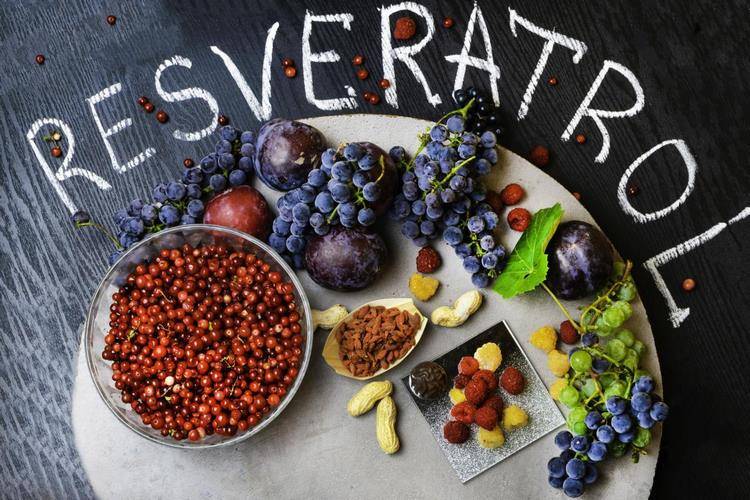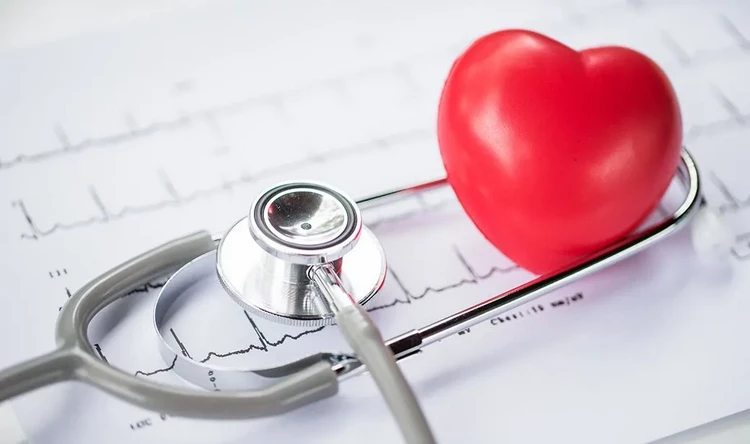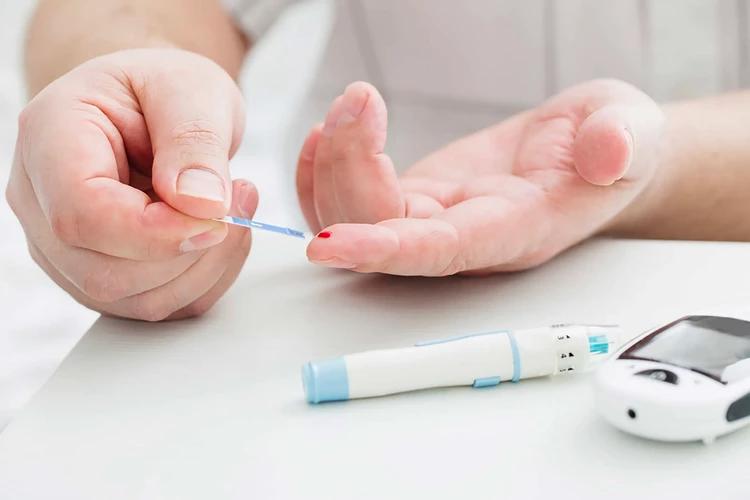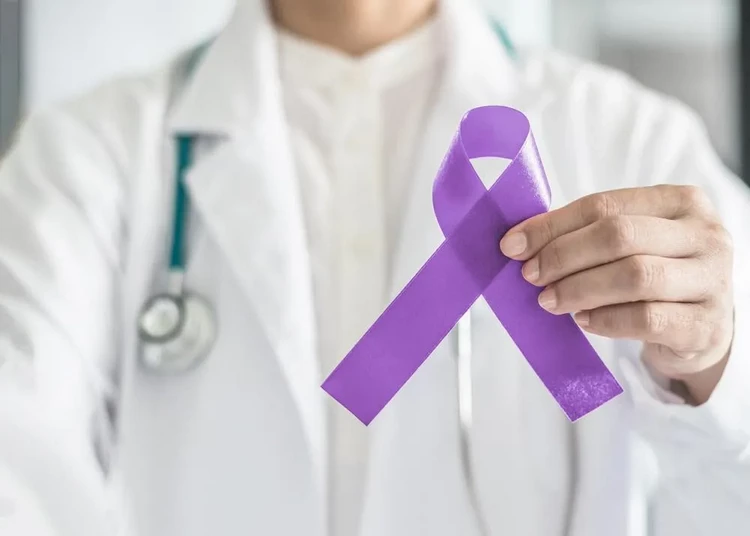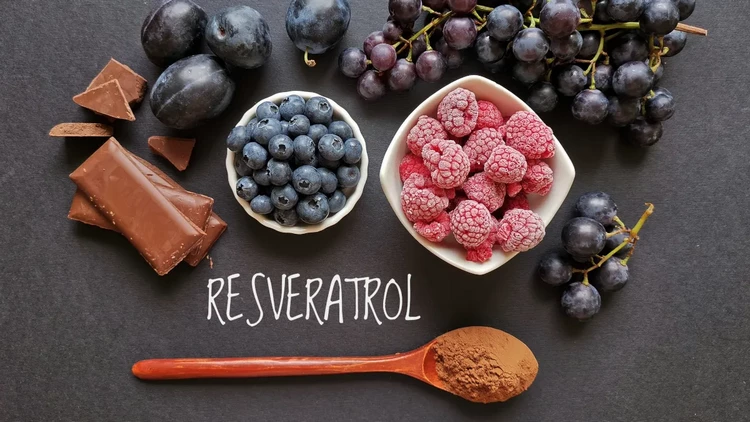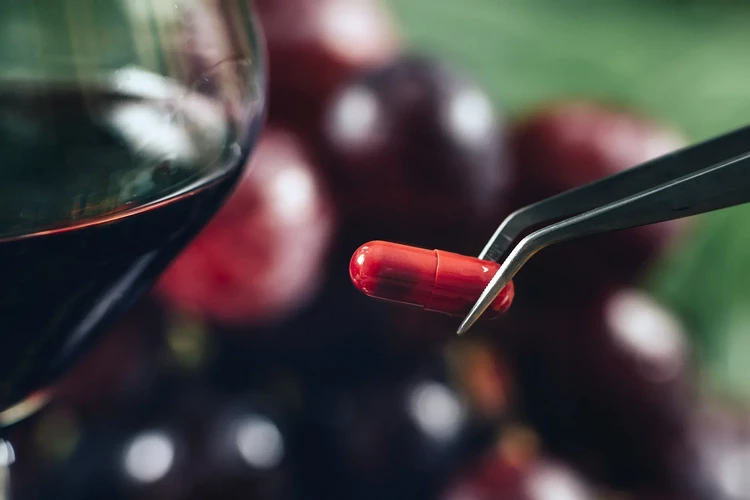What are resveratrol benefits? What are the foods with resveratrol? Is it good for your health and how much should you take? We shall answer all these questions so read on!
Let’s Start With the Main Question – What Is Resveratrol?
Resveratrol is a polyphenol, a natural chemical found in grapes, red wine and other beverages and foods. Resveratrol has a beneficial effect on various health problems, as well as acting against cell aging. More than 70 species of plants have been identified as sources of resveratrol, although not all of them are edible. It has been the subject of many studies to determine its potential impact on human health.
What is in resveratrol? As we mentioned, resveratrol is a chemical from the group of polyphenols and plants produce it as protection against fungal or bacterial attack. It acts as an antioxidant and is a natural antibiotic.
What are Resveratrol Benefits to Human Health?
What does resveratrol do for your health? There is no other substance that shows such a number of potential therapeutic, preventive and health-enhancing properties as resveratrol. Its benefits for human health have been proven in a number of studies.
Also read: What Are the Best Vitamins for Women Over 40 to Stay Young and Healthy?
Resveratrol Can Help Lower Blood Pressure and Is Beneficial to Heart Health
Due to its antioxidant properties, resveratrol can be a promising supplement for lowering blood pressure. Blood pressure usually increases with age and this is a risk factor for heart disease. Resveratrol shows a unique ability to protect the tissue of the cardiovascular system, which means that it can significantly improve heart health. Studies show that resveratrol can improve blood circulation, lipid metabolism and help keep blood lipids healthy. Due to its anti-inflammatory resveratrol reduces inflammation, lowers bad cholesterol (LDL) and prevents clots formation.
Also read: 7 Things That Make Us Age Quickly and What Helps Against Premature Aging
Resveratrol Protects the Brain
The anti-inflammatory properties of resveratrol are also beneficial to brain-related conditions like Alzheimer’s disease and Dementia as it protects nerve cells from damage.
Protects Against Diabetes
Insulin resistance is a serious problem. This means that the body is less sensitive to insulin which is the blood sugar-lowering hormone. Resveratrol helps prevent that as well.
Cancer Prevention
Resveratrol has strong antioxidant properties that prevent the formation of cancer cells.
Resveratrol for Skin Health
The antioxidant properties of resveratrol can protect cells from free radicals that cause cell damage. In addition, it can affect enzymes known as sirtuins, which are involved in the aging process. It is because of these benefits that resveratrol is a common ingredient in anti-aging creams.
Weight Loss
Last but not least, resveratrol regulates caloric volume, which helps burn calories and accelerates weight loss.
What are the Side Effects of Resveratrol?
Studies have not reported any side effects from resveratrol but one should keep in mind that it may interact with blood-thinning ingredients such as aspirin and ibuprofen, so you should always consult a doctor before taking resveratrol supplements if you are taking any medications.
Possible side effects from high doses could be vomiting, diarrhea or other gastrointestinal issues. Obviously, high doses can be reached only with supplements and not by consuming food that contains resveratrol.
Also read: When to Start Retinol? How To Choose It? Here’s the Ultimate Guide!
What are the Foods with Resveratrol?
Resveratrol is found in the skin of red grapes, peanuts, blueberries, soy, cocoa, dark chocolate, pistachios, cranberries, mulberries, and the root of Polygonum cuspidatum (Japanese knotweed), which is often used in supplements due to its high concentration of resveratrol. The amount of resveratrol in food is influenced by the methods of cultivation, as well as by the stressful situations that occur in the environment.
What Is Trans Resveratrol?
The main difference between resveratrol and trans resveratrol is that Resveratrol is the common name for a dietary supplement containing polyphenols that act as antioxidants. Tans-resveratrol is the active ingredient found in resveratrol supplement.
How Much Resveratrol Should I Take?
Resveratrol is still a relatively new element and research on it is not enough to determine the exact dosage of intake, but in general, most of them are conducted with resveratrol from 30 to 500 mg, up to 2 grams per day. High doses may lead to side effects like dizziness and gastrointestinal disorders.
Also, the dose should be determined depending on how long you plan to take it. If you plan a long-term intake, lower dose is advisable. However, make sure you consult your doctor before consuming resveratrol.

